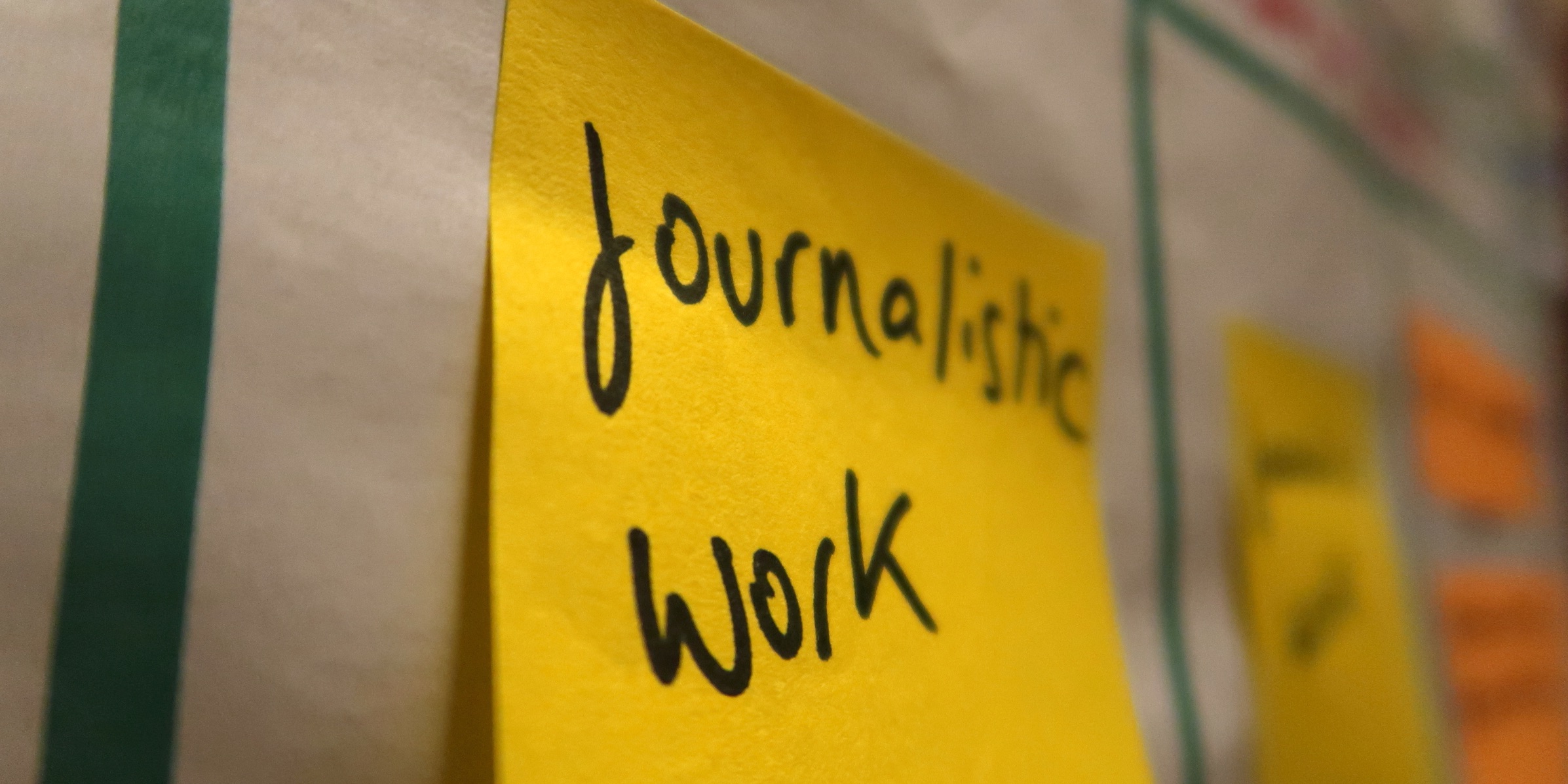For journalists, researchers and others telling stories about migration
Beirut 13-17 June 2022
Do you research, report or tell stories about migration and refugees? Are you interested in learning from people with professional or personal experiences of exile and migration? Do you want to find ways to tell better stories about these issues?
If so, this workshop is for you!
Rayan Sukkar and Samih Mahmoud from Campji
Laure Makarem
Laure Makarem is a coach and member of different initiatives working towards migrant rights, racial justice, queer mutual support and feminist movement building in Lebanon. She currently manages the Migrant Community Center which is a safer space for migrant women to meet, produce knowledge, self-organise and advocate for their rights as agents and leaders of change.
Asser Khattab
Asser Khattab is an essayist who writes about journalism, art, culture, and history. He formerly reported from the Middle East on war, politics, and economy for various international media outlets, including the Washington Post and the Financial Times. Recently, he started a newsletter with New Lines Magazine, in which he examines how the media covers the Middle East.
Sarah Khazem
Sarah Khazem is a freelance journalist and creative writer interested in covering migration stories and identity issues using ethnographic tools. Her writings focus on how crises and totalitarian regimes interact with patriarchy to repress women and female journalists in particular. Sarah Khazem tries to practice a type of journalism that intersects with the humanitarian and social fields, including in particular anthropology and literature.
Ibrahim Nehme of The Outpost magazine
Ibrahim Nehme is a creator and curator working on new media. His work is a cross-pollination between journalism, activism and artistic expression, and could be situated as a series of attempts to shift the collective consciousness. In 2012 he founded The Outpost magazine, which became a platform for writers and artists from the Arab world to channel a new voice of resistance and change, and received several awards.
Inga Hajdarowicz and Fatima Alhaji
Inga Hajdarowicz is a researcher and activist from Poland with an interest and experience in participatory democracy and grassroots mobilisation, and involvement in spaces where people with or without migration experience collaborate, including the ‘Welcome to Krakow’ initiative. Fatima Alhaji is a journalist and activist from Damascus with a background in media and other initiatives in Lebanon, including as a video reporter and advocate for refugees’ right to health. Both have been collaborating on research projects in Lebanon.
Angela Saade from Switch Perspective
Angela Saade is a popular education trainer and co-founder of JIBAL, a Lebanese organisation working on social and environmental justice. She has organised workshops and trainings on a wide range of topics in Lebanon, France and elsewhere. She is one of the co-founders of Switch Perspective.
Rana Hassan from Switch Perspective
Rana Hassan is a facilitator specialised in community building and urban research. She is currently focusing on supporting cooperatives and horizontal groups, as well as doing movement building. She is a member of the Switch Perspective team.
Jenny Gustafsson from Switch Perspective
Jenny Gustafsson is a journalist/writer and editor who has lived in Lebanon and reported from the region since 2009. In 2010, she co-founded the online magazine Mashallah News. Her work has been published by The Guardian, Al Jazeera, Foreign Policy, Courrier international and others. She is one of the co-founders of Switch Perspective.
Switch Perspective has been conducting trainings in Lebanon and abroad since 2016. Our sessions are always collaborative and self-reflective, springing from the idea that knowledge is generated through engagement and reflection. The team behind Switch Perspective all have direct experience of issues related to migration, whether personally or professionally (or both).
Participation in the summer workshop is $250, including meals and accommodation during the five days.
Please note that transportation and flights to/from Beirut are not included.
A number of grants are available to cover for the participation fee. Please let us know in the contact form.
The workshop will be in-person, with measures taken concerning the Covid-19 situation.
Dates:
13-17 June 2022
Location:
Beirut
Language:
The working language will be English, with some sessions translated from Arabic to English.
Deadline:
Send your application by March 17.

